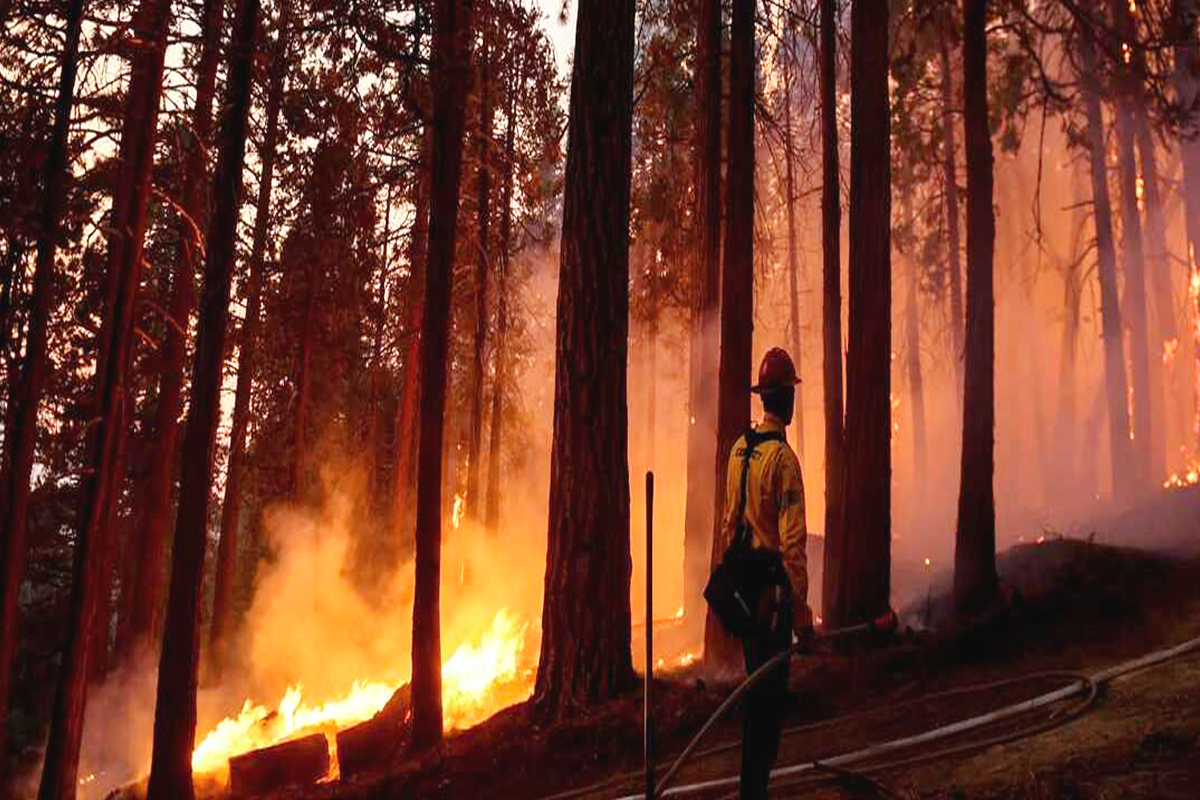Experts have warned increasing wildfire risks due to the El Nino climate phenomenon as windy, hot and dry weather will be more likely for regions this summer.
With the El Nino-Southern Oscillation, the country will see dramatic temperature swings and stronger than usual winds, reports Xinhua news agency.
Advertisement
Prevailing westerlies may lead to prolonged dry spells in the north and east of both islands as summer progresses.
Hugh Wallace, team lead for Fire and Atmospheric Sciences, Scion Research, said on Friday that between now and early December, El Nino is expected to cause average or slightly above average fire conditions for New Zealand.
“These increased conditions mean it’s more possible for fires to start or spread,” said Wallace.
The effects of the El Nino are likely going to be seen in the form of erratic and gusting westerly and northwesterly winds, with increased fire conditions most likely seen along the east coasts of both the North and South Islands, he said.
These warm, dry winds can dry out fuels like grasses and scrub, making them easier to ignite and drive existing fires at high speed, he said, adding that because these winds are caused by El Nino and not normal weather patterns, they are also somewhat unpredictable so people may be caught by surprise.
“Rather than focusing on specific at-risk areas, people should think about at-risk conditions and their own behaviors that might cause fires,” said Wallace.
“Almost all fires in New Zealand are human-caused,” he said, adding even under extreme conditions, fires in New Zealand are extremely unlikely to happen on their own, so how people choose to behave when it is hot, dry, or windy has a huge effect on whether a fire starts.
Nathanael Melia, director and principal scientist of Climate Prescience Limited, said: “A simple rule is: if conditions are dry or droughty, and you have a windy day, be alert.”











